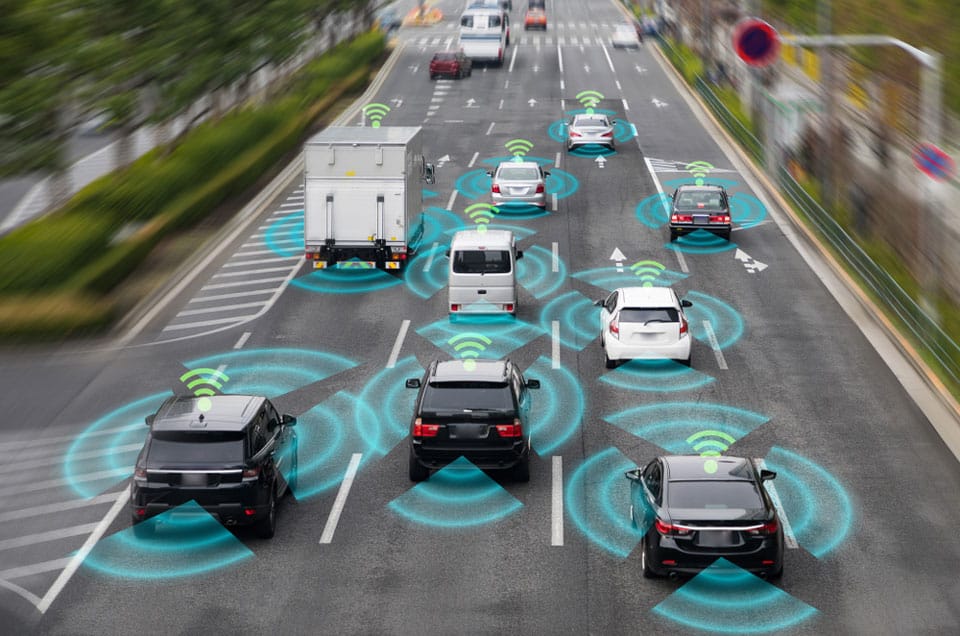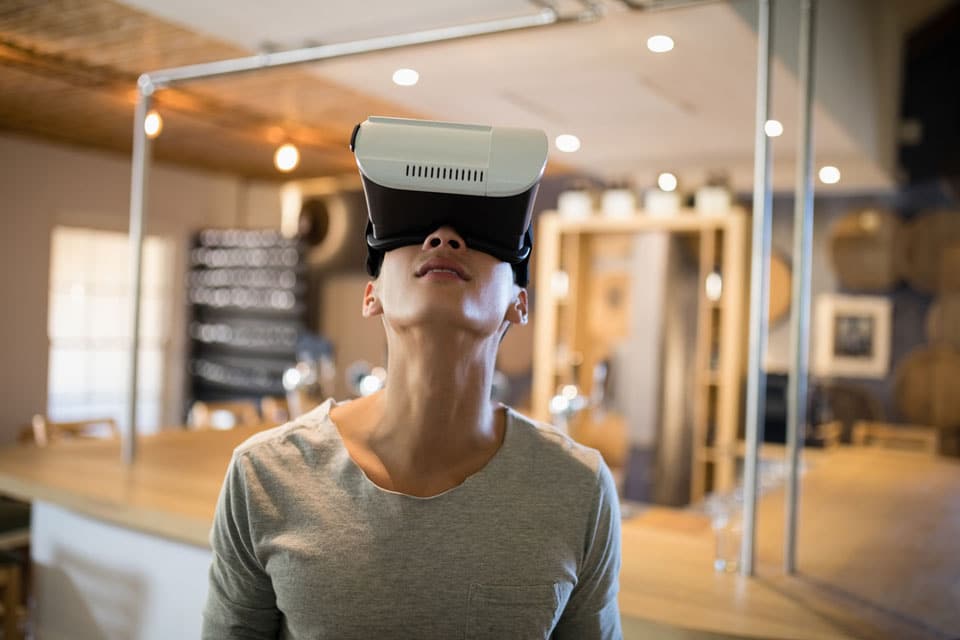What Technologies Will Shape the Travel Industry For the Better

The travel industry was in the midst of a transformation prior to the pandemic. Over the past decade it has been evolving dramatically due to rapid advances in technology. We witnessed the emergence of digital services like Booking, Kayak, Airbnb, Expedia, OneTwoTrip, and TripAdvisor which have revolutionized the way we book flights and hotels and approach other travel-related questions.
Some of these services allow consumers to compare prices across multiple vendors and quickly book travel arrangements. Others let travelers find unique experiences and accommodations and provide access to last-minute deals and discounts, making it easier for people to book spontaneous trips. We are used to it now, but in comparison to pre-digitized traveling it’s pure magic.
Even Tinder has impacted the traveling experience for many people who use the app to search for new acquaintances and hookups when going abroad. Also there are ride-sharing companies, like Uber and Lyft, that have made it easier for travelers to get around in unfamiliar cities even if they don’t speak the natives’ language.
Despite a huge disruption in the industry caused by the pandemic, the travel sector is expected to bounce back. According to a World Economic Forum study, the industry was constantly growing before COVID-19 and is going to recover to the pre-pandemic level around 2024. So, the advances in technology that have been made in recent years will be highly demanded again alongside more recent breakthroughs.

Emerging Tech for Traveling
There are a few emerging technologies that are going to have the most impact on the traveling industry. It’s very likely that the effect is going to be as dramatic as with the first wave of the travel sector digitization.

Connected and autonomous vehicles (CAVs) will first of all alter the way we experience cities. There are already cases with driverless transportation being tested in airports. If we talk about people, currently it’s limited to transferring passengers from one terminal to another within an airport. However, in the future CAVs may become more popular for navigating cities. They will provide a cost-efficient, safe, less time-consuming, and secure way to travel at any time of the day and with no need to have a driver license.

Augmented Reality can help travelers navigate their destination with ease and consequently save them a lot of time. By integrating location-based information and data into a traveler’s field of view, AR will enable them to locate places of interest faster. Besides, AR increases the immersion into museum displays and provides tour guides with a tool to impress visitors. In the summer of 2021 the Museum of Natural History in Paris launched an AR experience to introduce digital copies of extinct animals to its guests. And it’s not the only museum experimenting with the power of AR, so, probably, soon it’ll be a norm.

Virtual Reality enables travelers to virtually experience the destination before the trip. It’s an emerging marketing trend which is yet to gain popularity. When VR becomes ubiquitous, it will be widely used to let travelers explore hotels prior to booking, thus allowing them to make more informed decisions about where to stay and which rooms to choose. And, again, just like AR, VR will give tourists a more immersive experience when they visit museums and other attractions.

Artificial intelligence has the potential to assist travelers in all aspects of their journey. In fact, it already does it for early adopters, even though the technology is yet to improve. AI bots are already being trained to provide personalized travel recommendations and help in booking tickets, finding the best deals, and selecting the most suitable accommodations. As a result, travelers will experience smoother execution of trips.

Blockchain technology will revolutionize the industry by providing a more secure and efficient way to process payments, store data, and protect travelers and travel providers from fraud. It’ll also make it easier to store and access your travel documents in a safer, tamper-proof way.
Startups to Watch
These ideas would sound like any regular speculations about the future if not the companies that are already creating products based on the mentioned technologies.
If we are talking about the CAVs market, the competition is high – there are a lot of startups developing safe and comfortable driverless cars and software for them. If you are interested in researching this topic, take a closer look at startups Motional, Argo, Waymo, and AutoX. They all work within the field of passenger transportation.
As for virtual reality application for the travel industry, there are the UK-based Globetrotter VR and the US-based Travel World VR. They both create virtual experiences to allow consumers to explore various locations around the world, be it cities, hotels, castles, or cruise ships. Basically, what they do is a try-before-you-buy experience for travelers.
When it comes to AI for traveling, there are a lot of applications that help automate mundane tasks for both travelers and providers of traveling experiences. For instance, there are already bots that assist travelers in planning their trips, like Rivi. Also there’s Bebot, a chatbot that helps hotel guests to navigate the hotel services and their destination. Apart from chat bots, AI is used for platforms that offer their users tailored trip planning, like Globaleur with its proprietary technology.
The future of traveling is sure to be drastically different from what it is today. Technology will allow for faster, more efficient, and more convenient trips than ever before. Autonomous vehicles, VR technology, and AI-powered assistants will make travel faster, smarter, and more enjoyable than ever before.
Written by Ilya Rouss.
Have you read?
Richest Actors In The World And Their Net Worth, 2023.
Richest Tennis Players In The World And Their Net Worth, 2023.
Richest NFL (National Football League) Players, 2023.
The most-followed Instagram accounts in the world, 2023.
The Global Passport Index: The World’s Most Powerful Passports, 2023.
Bring the best of the CEOWORLD magazine's global journalism to audiences in the United States and around the world. - Add CEOWORLD magazine to your Google News feed.
Follow CEOWORLD magazine headlines on: Google News, LinkedIn, Twitter, and Facebook.
Copyright 2025 The CEOWORLD magazine. All rights reserved. This material (and any extract from it) must not be copied, redistributed or placed on any website, without CEOWORLD magazine' prior written consent. For media queries, please contact: info@ceoworld.biz








